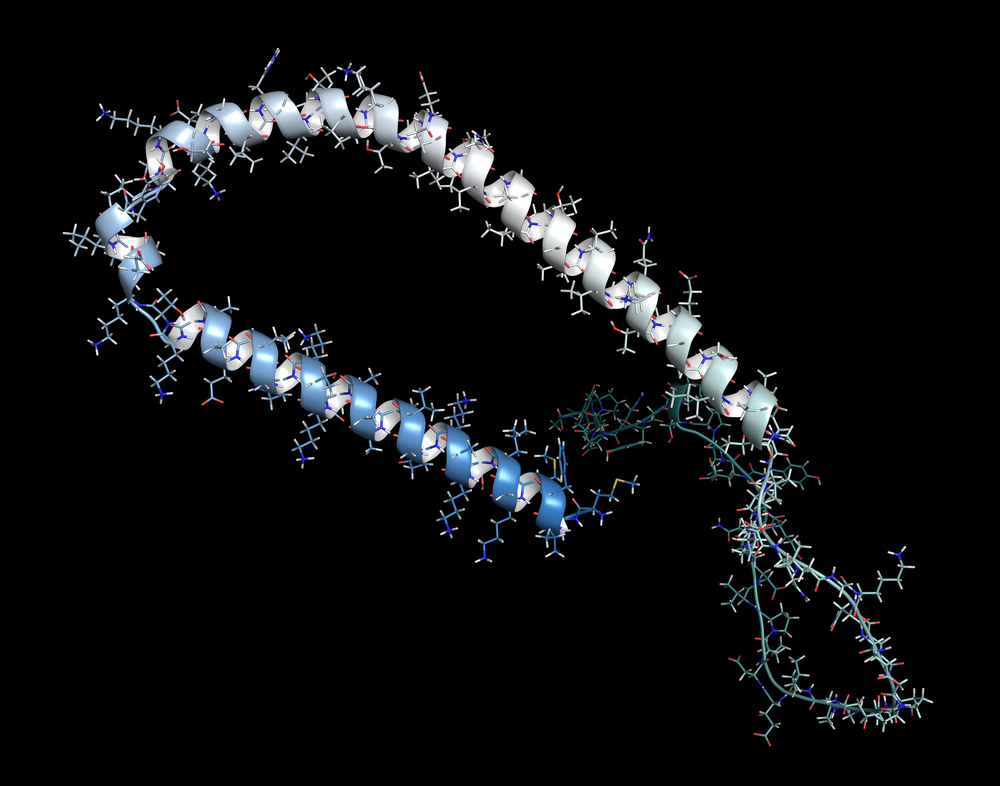Protein Seen to Have ‘Housekeeping’ Talents That Protect Neurons in Diseases Like ALS

A protein called Nrf2 could clear the harmful, misfolded proteins that cause Parkinson’s and other neurodegenerative diseases — including amyotrophic lateral sclerosis (ALS) — by activating “housekeeping” mechanisms within cells, according to a study in Parkinson’s models that was published in the Proceedings of the National Academy of Sciences.
Like other neurodegenerative diseases, Parkinson’s is caused by the accumulation of misfolded proteins in nerve cells that eventually kill the cells. In the case of Parkinson’s, these include the proteins alpha synuclein and LRRK2.
Using rat neurons and human neurons derived from induced pluripotent stem cells, a team of researchers led by Dr. Steven Finkbeiner, associate director and senior investigator at Gladstone Institute of Neurological Disease in San Francisco, demonstrated that overexpressing Nrf2 in these nerve cells could accelerate the breakdown and clearance of mutant, misfolded alpha synuclein and LRRK2.
The researchers first expressed either mutant alpha synuclein or mutant LRRK2 in these neurons. They then reprogrammed the cells to overexpress Nrf2, and followed them for a week using an automated cell-tracking microscope that they had developed. This way, they were able to assess the proteins’ expression levels and overall health.
“Overexpressing Nrf2 in cellular models of Parkinson’s disease resulted in a huge effect. In fact, it protects cells against the disease better than anything else we’ve found,” Dr. Gaia Skibinski, lead author of the study, “Nrf2 mitigates LRRK2- and α-synuclein–induced neurodegeneration by modulating proteostasis,” said in a press release.
“I am very enthusiastic about this strategy for treating neurodegenerative diseases,” said Finkbeiner, the study’s senior author.
But it can be difficult to directly target Nrf2 with drugs because it is involved in a large number of biological processes. The researchers are therefore focused on identifying other proteins that interact with Nrf2, in the hope that targeting these proteins with drugs would work equally well.
Nrf2 is already known to play a role in regulating the expression of many genes, but its importance in controling protein levels was not clear until now. The researchers tested the effect of upregulating Nrf2 also in other models of neurodegenerative disease, such as Huntington’s and ALS, with similar results. Their future work will focus on better understanding how Nrf2 controls protein levels within cells.






